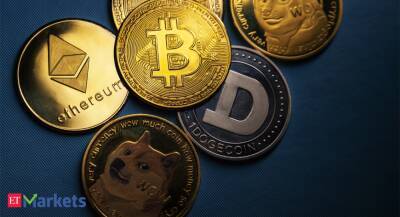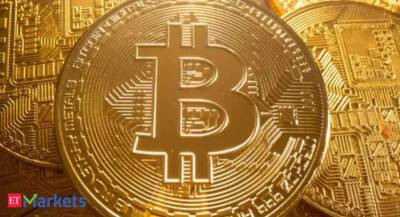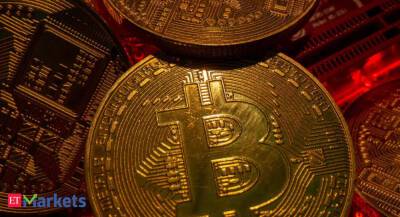Why Are People Calling Bitcoin a Religion?
Joseph P. Laycock, Assistant Professor of Religious Studies, Texas State University.
______
Read enough about Bitcoin, and you’ll inevitably come across people who refer to the cryptocurrency as a religion.
Bloomberg’s Lorcan Roche Kelly called Bitcoin “the first true religion of the 21st century.” Bitcoin promoter Hass McCook has taken to calling himself “The Friar” and wrote a series of Medium pieces comparing Bitcoin to a religion. There is a Church of Bitcoin, founded in 2017, that explicitly calls legendary Bitcoin creator Satoshi Nakamoto its “prophet.”
In Austin, Texas, there are billboards with slogans like “Crypto Is Real” that weirdly mirror the ubiquitous billboards about Jesus found on Texas highways. Like many religions, Bitcoin even has dietary restrictions associated with it.
So does Bitcoin’s having prophets, evangelists, and dietary laws make it a religion or not?
As a scholar of religion, I think this is the wrong question to ask.
The dirty secret of religious studies is that there is no universal definition of what religion is. Traditions such as Christianity, Islam, and Buddhism certainly exist and have similarities, but the idea that these are all examples of religion is relatively new.
The word “religion” as it’s used today – a vague category that includes certain cultural ideas and practices related to God, the afterlife, or morality – arose in Europe around the 16th century. Before this, many Europeans understood that there were only three types of people in the world: Christians, Jews, and heathens.
This model shifted after the Protestant Reformation when a long series of wars began between Catholics and Protestants. These became known as “wars of religion,” and religion became a way of talking about
Read more on cryptonews.com
 cryptonews.com
cryptonews.com






